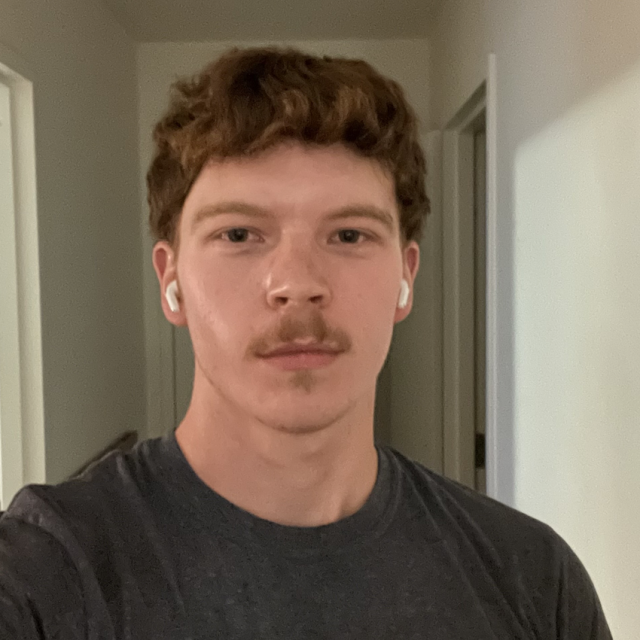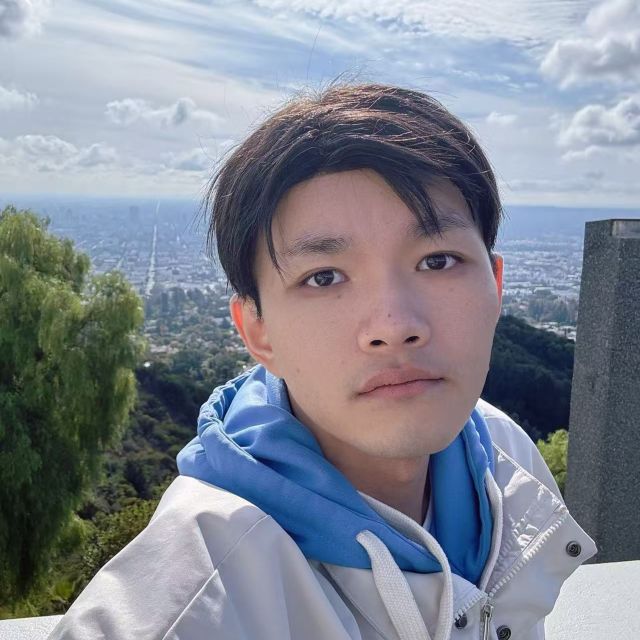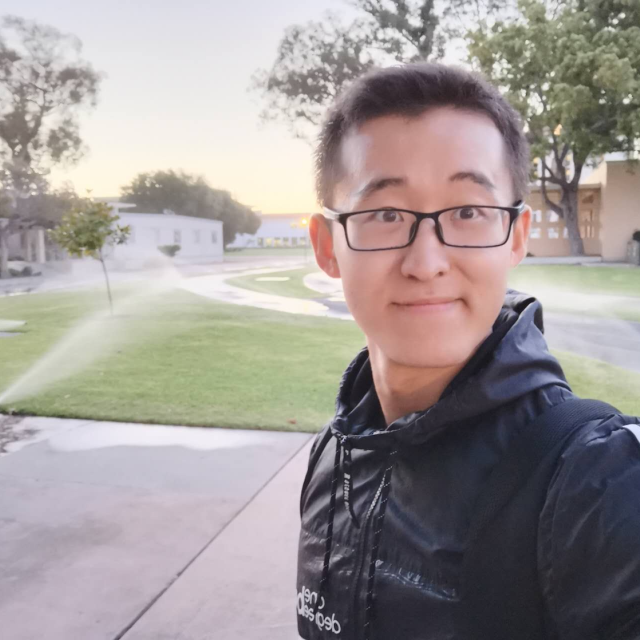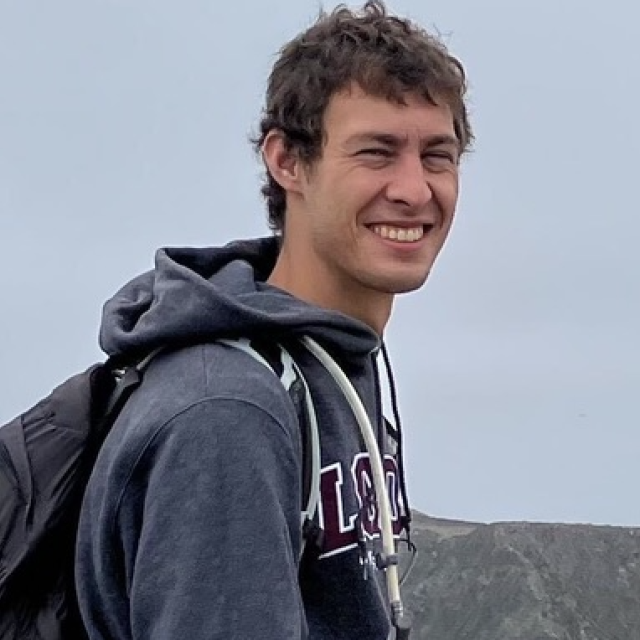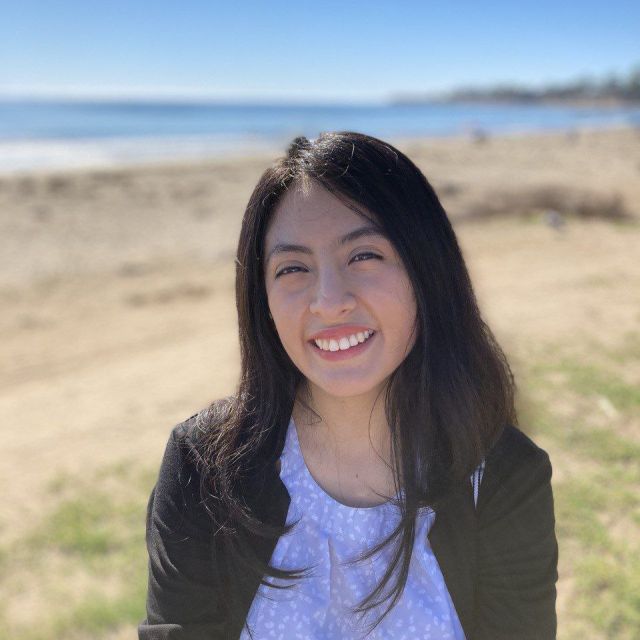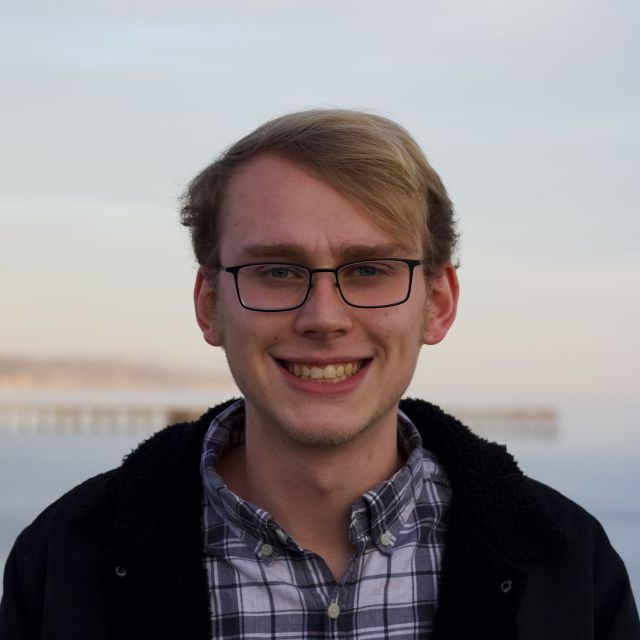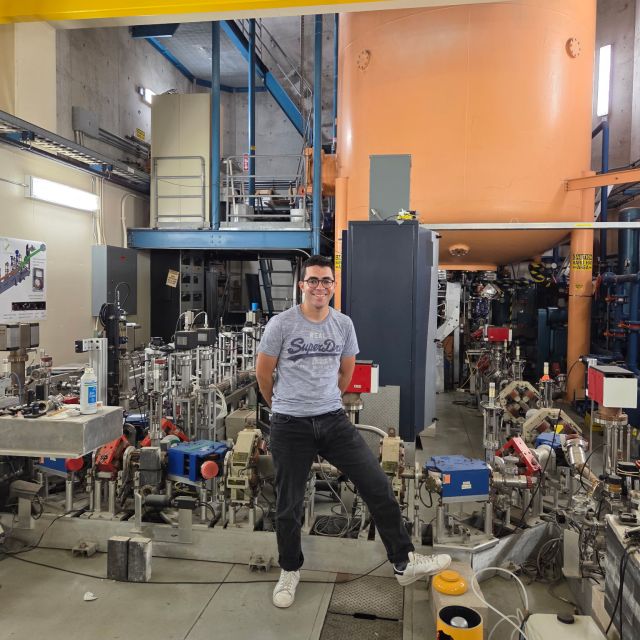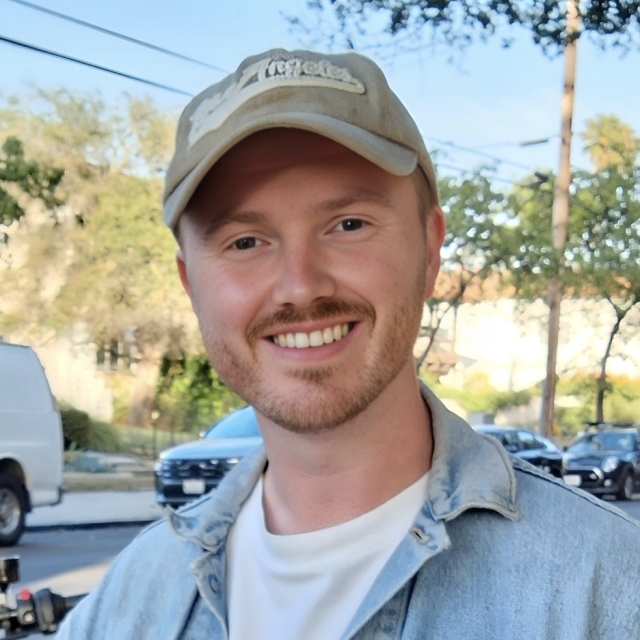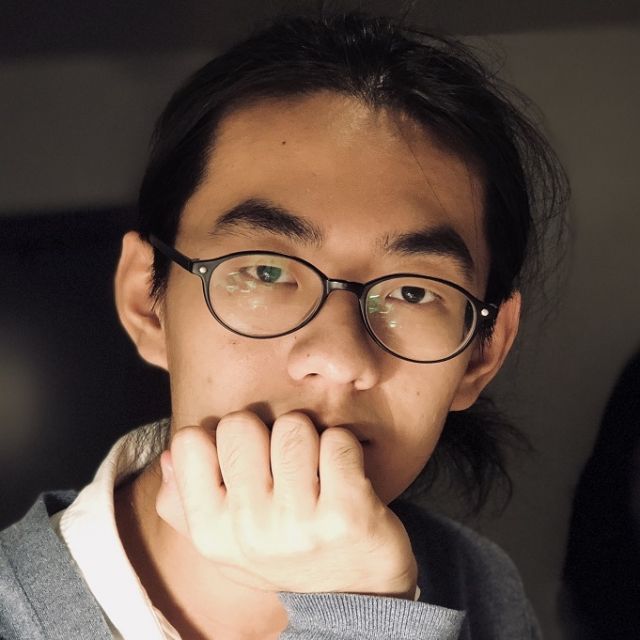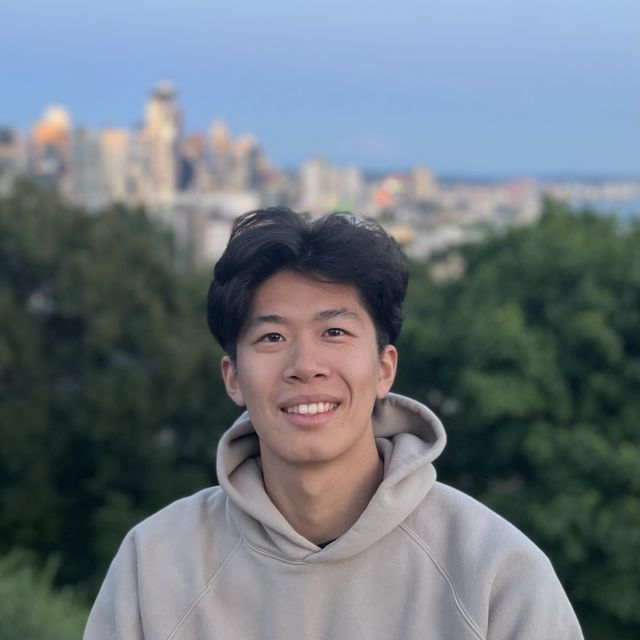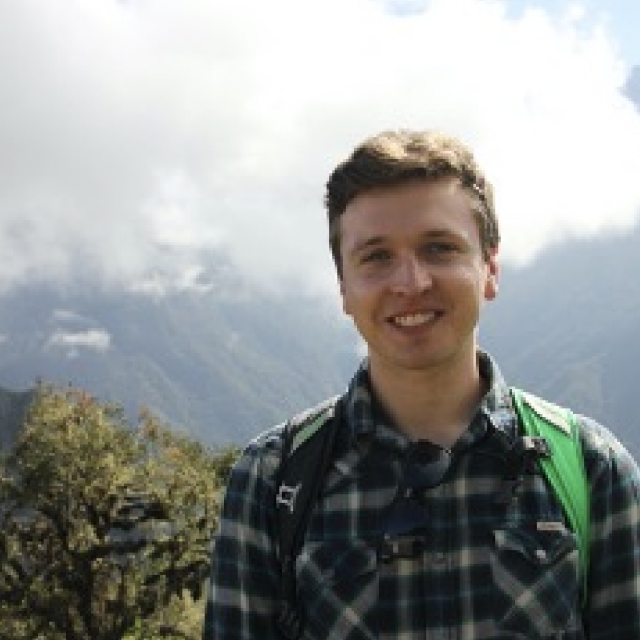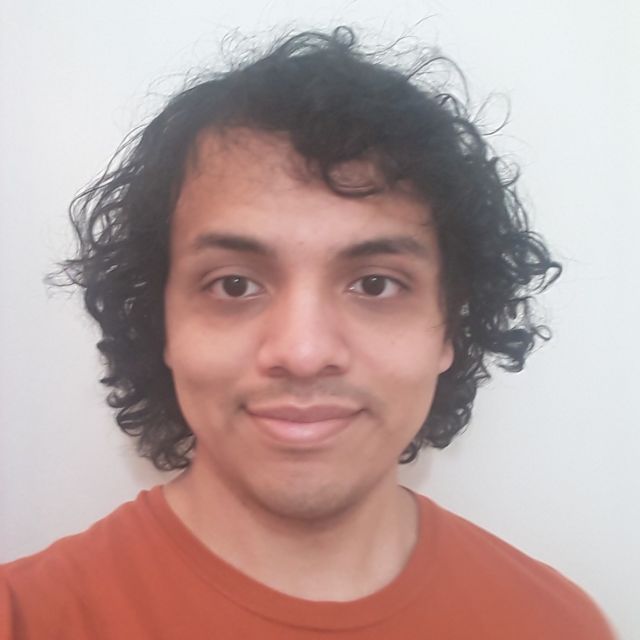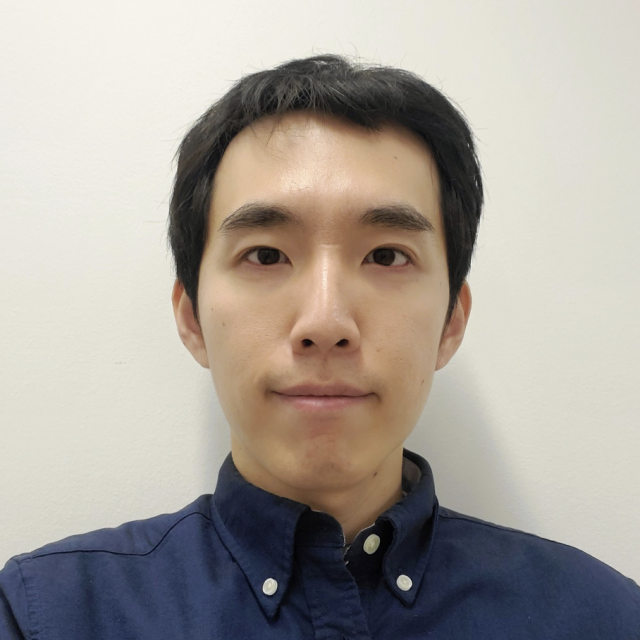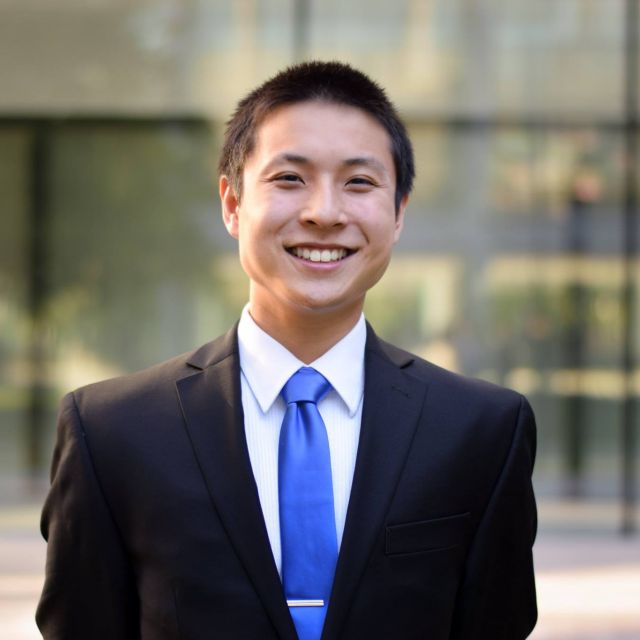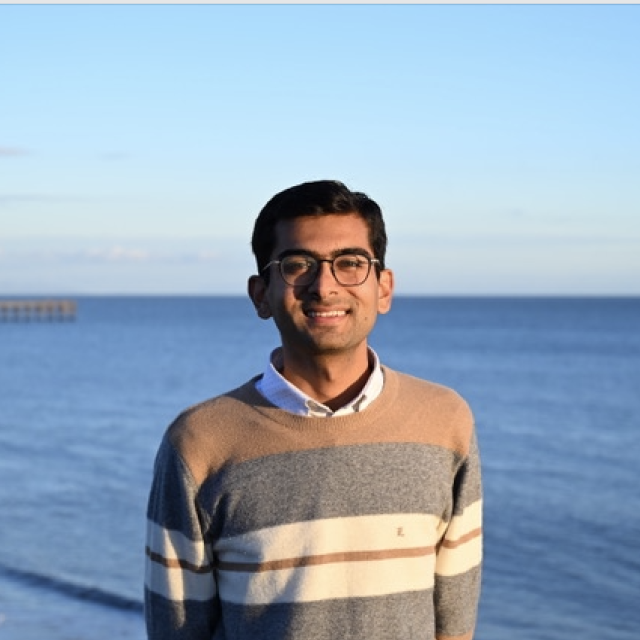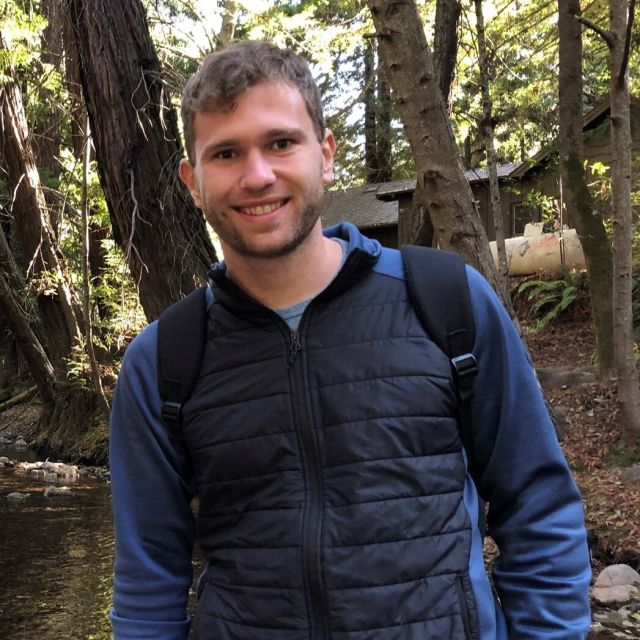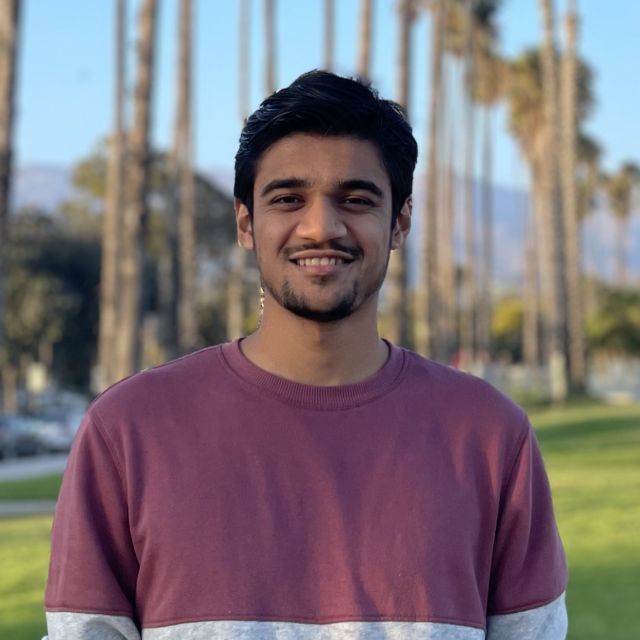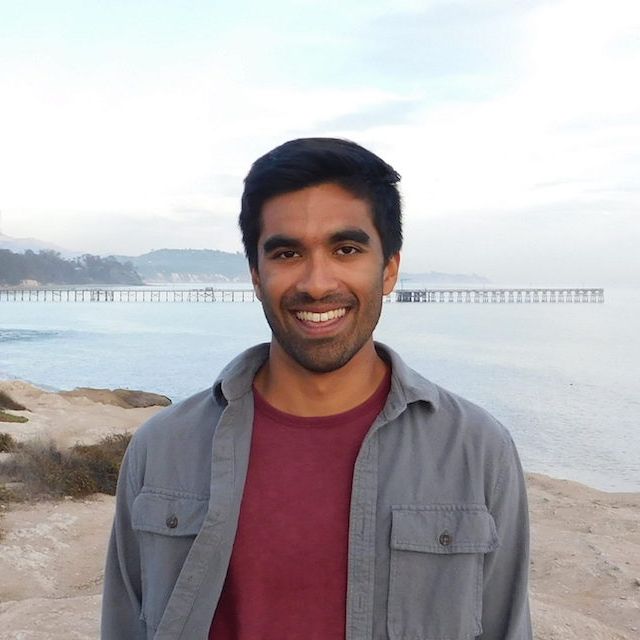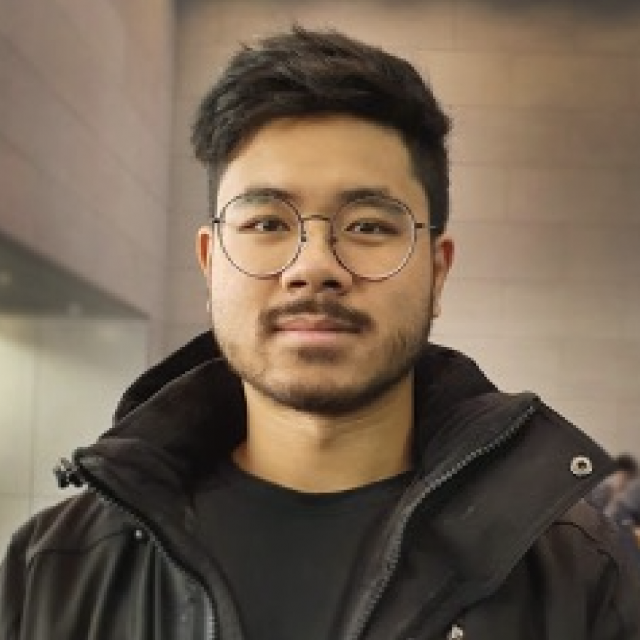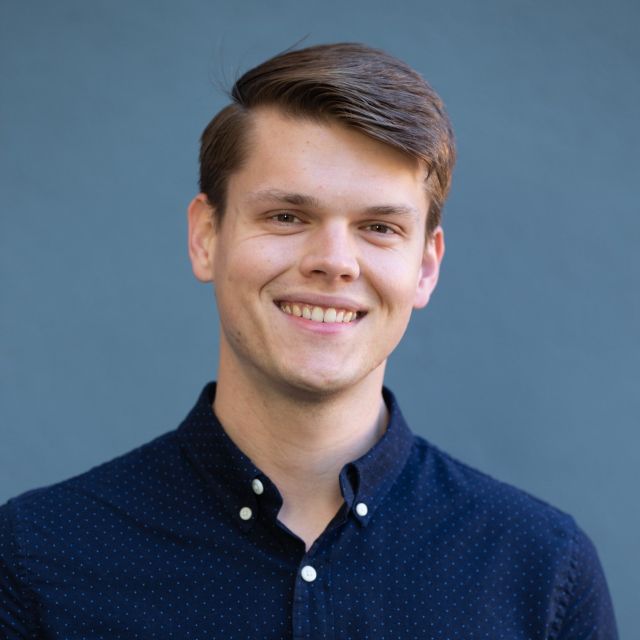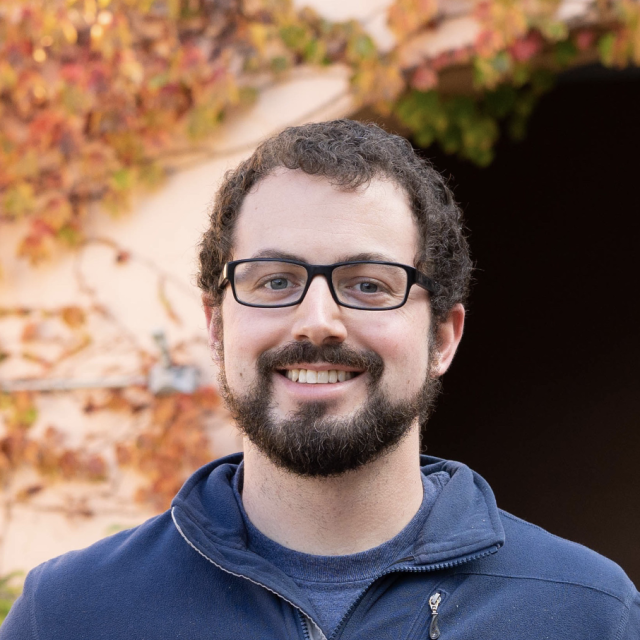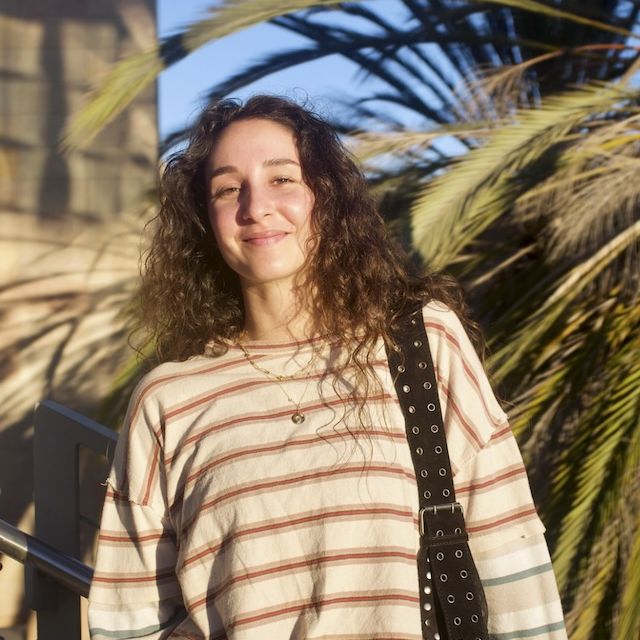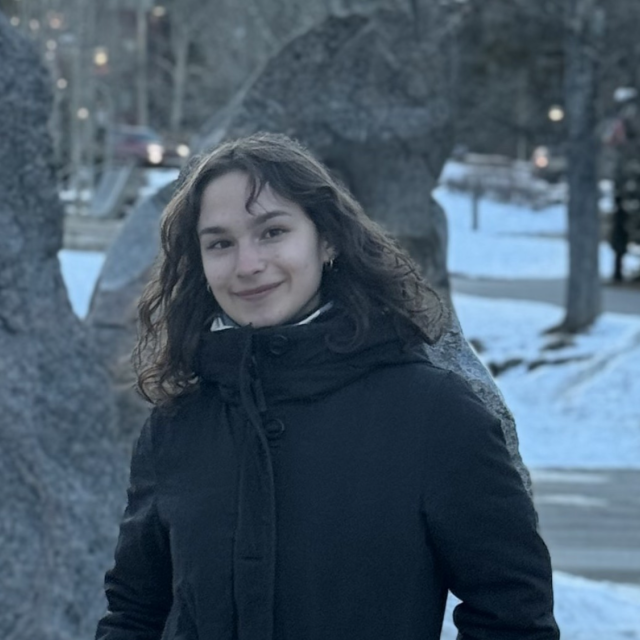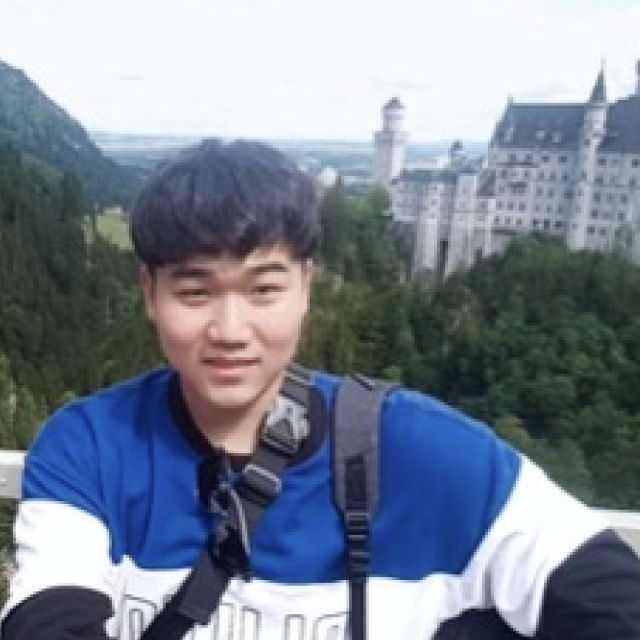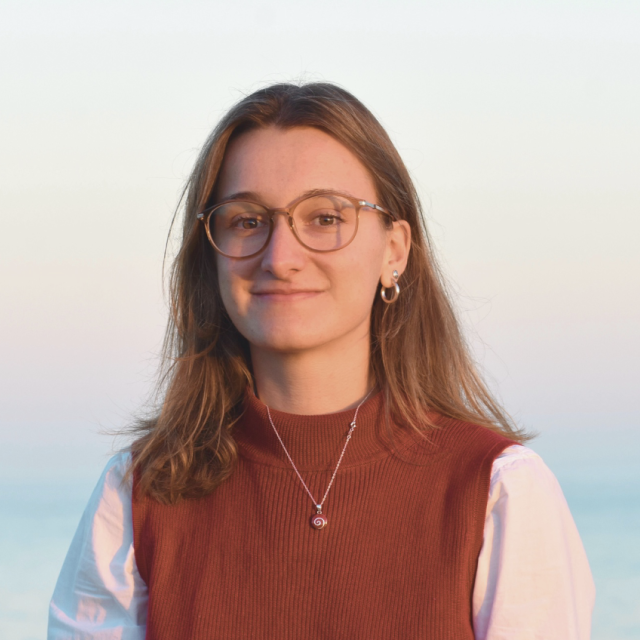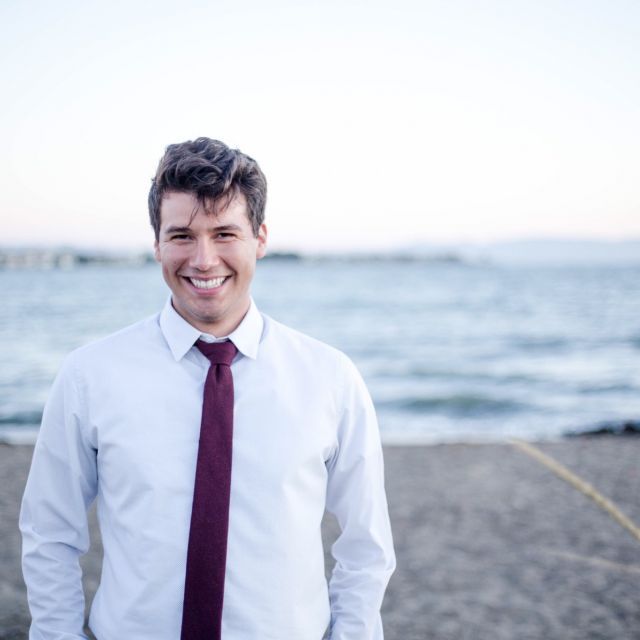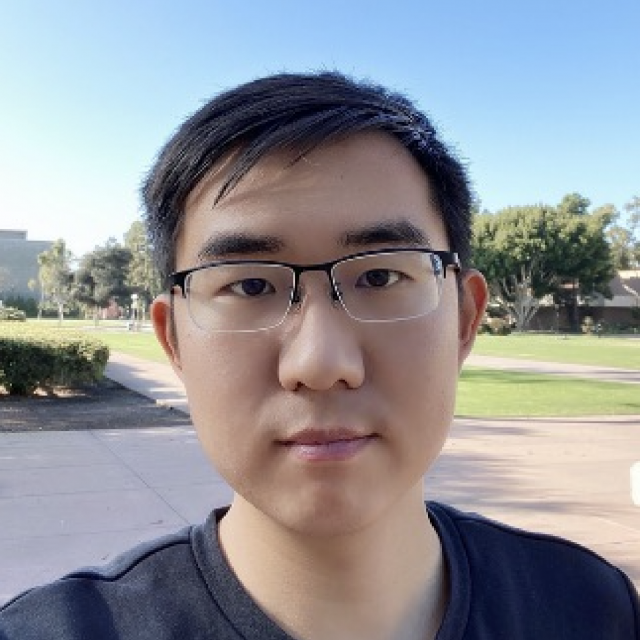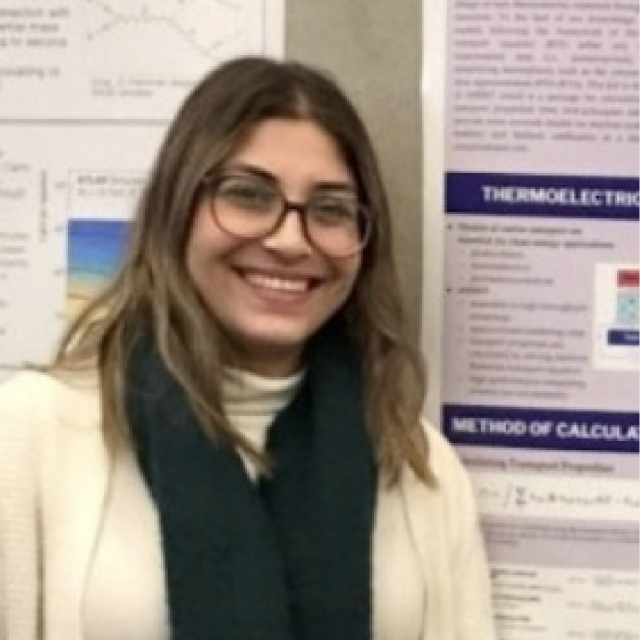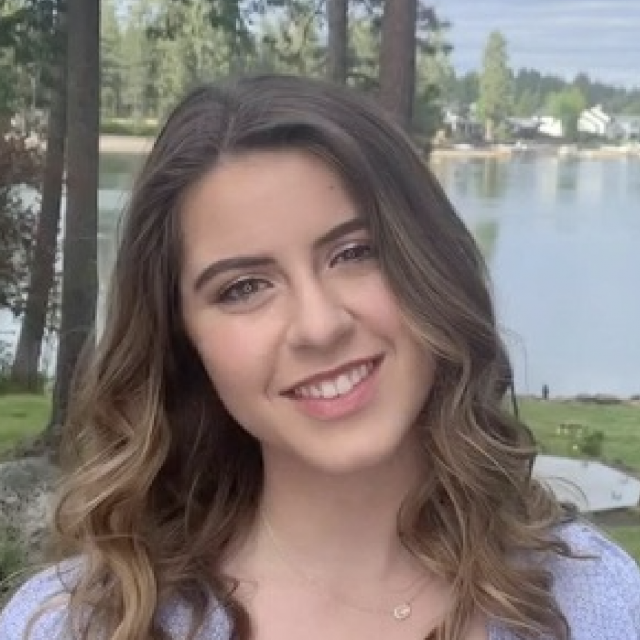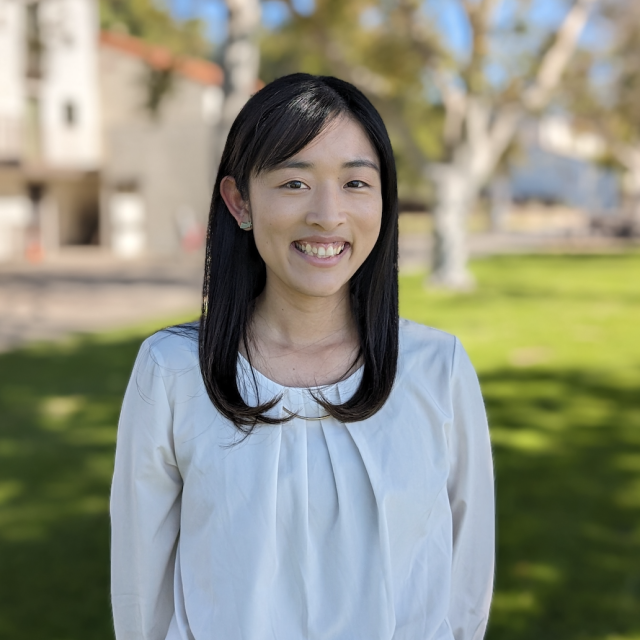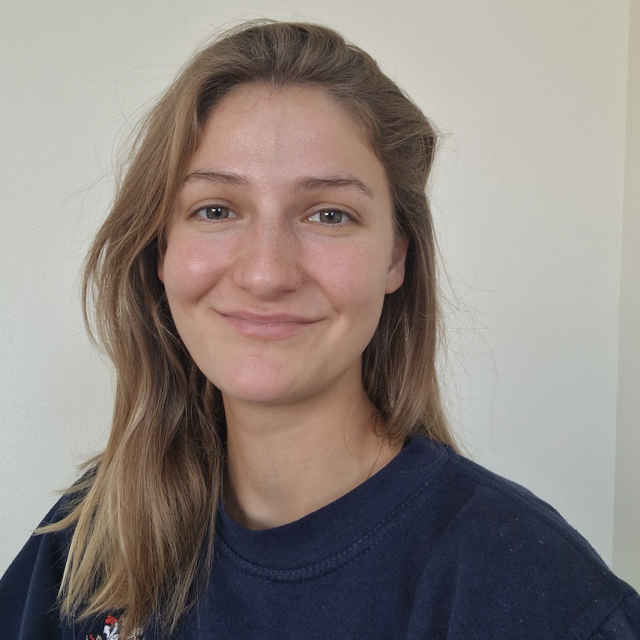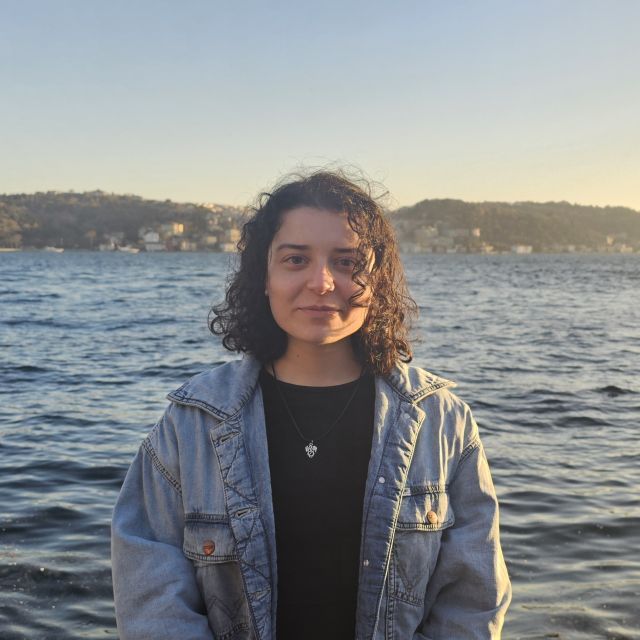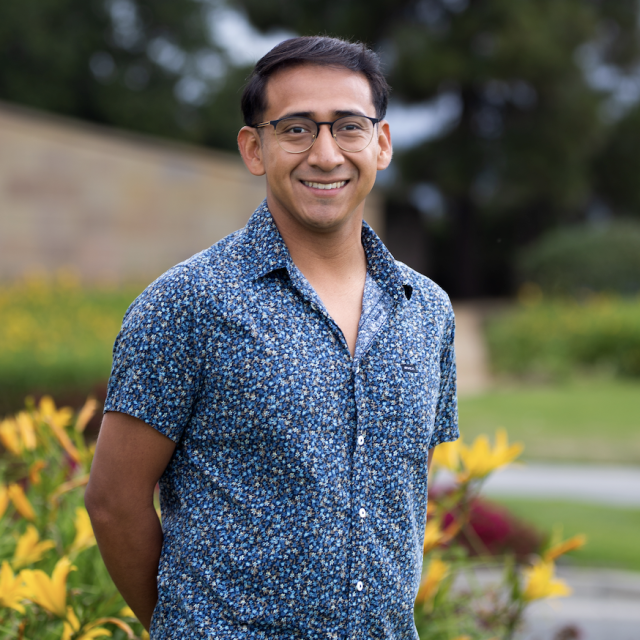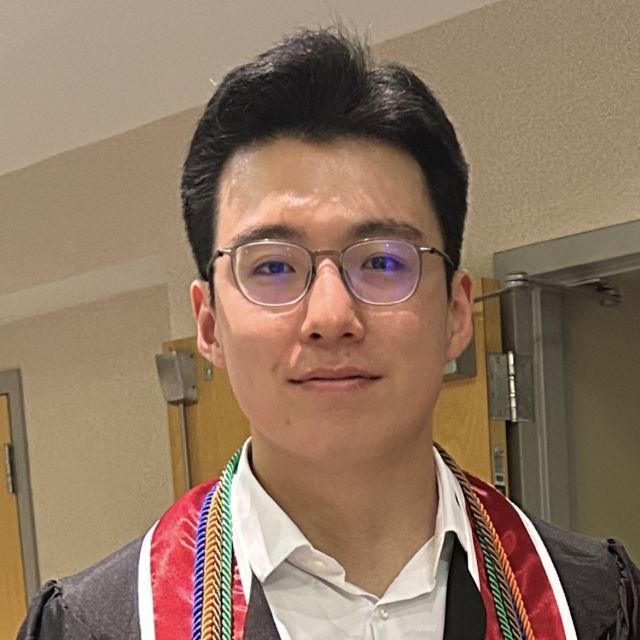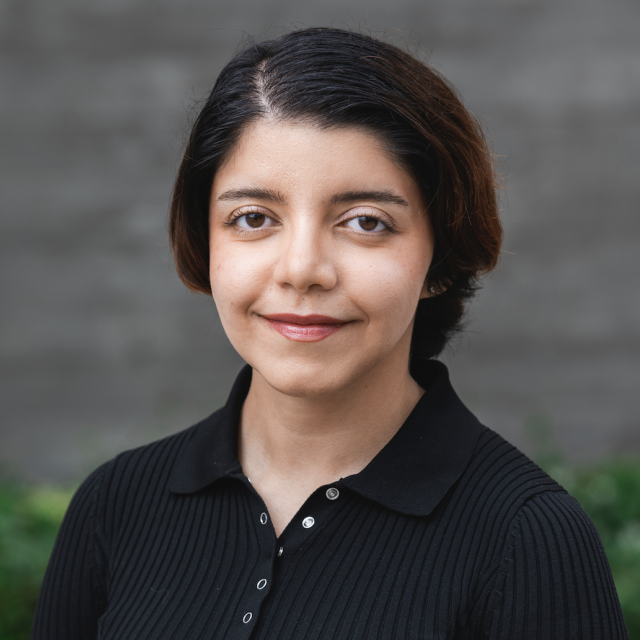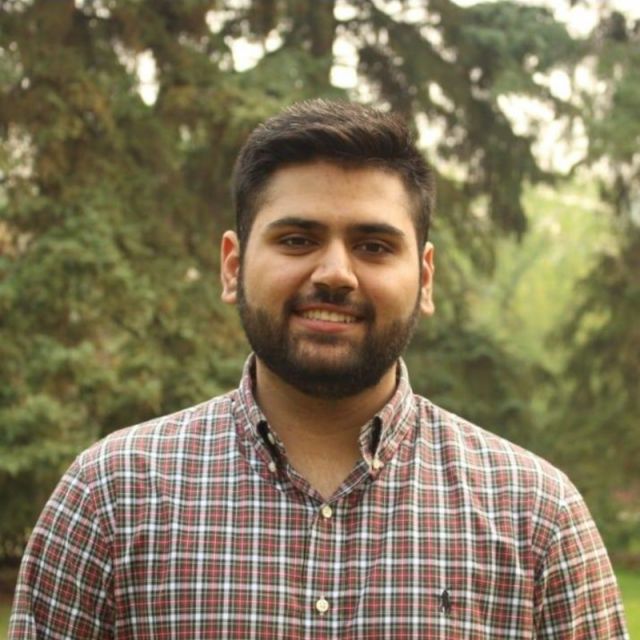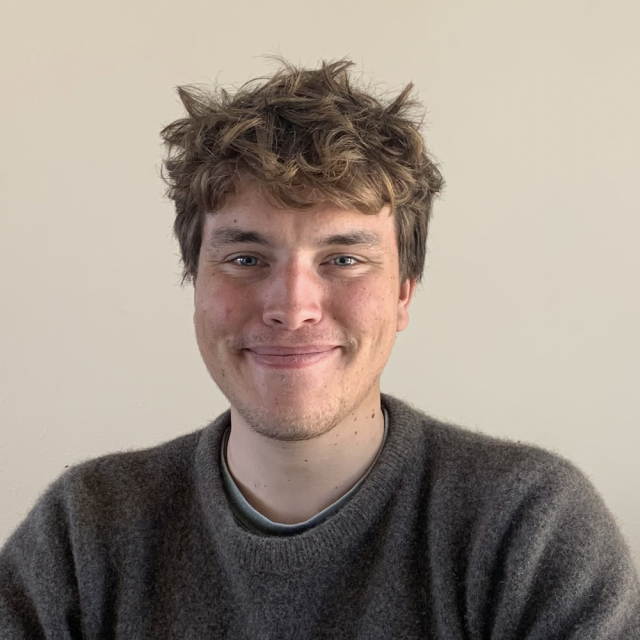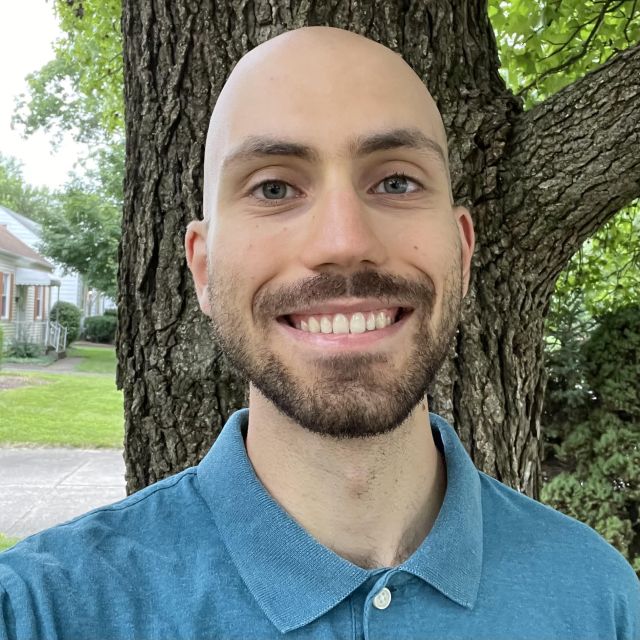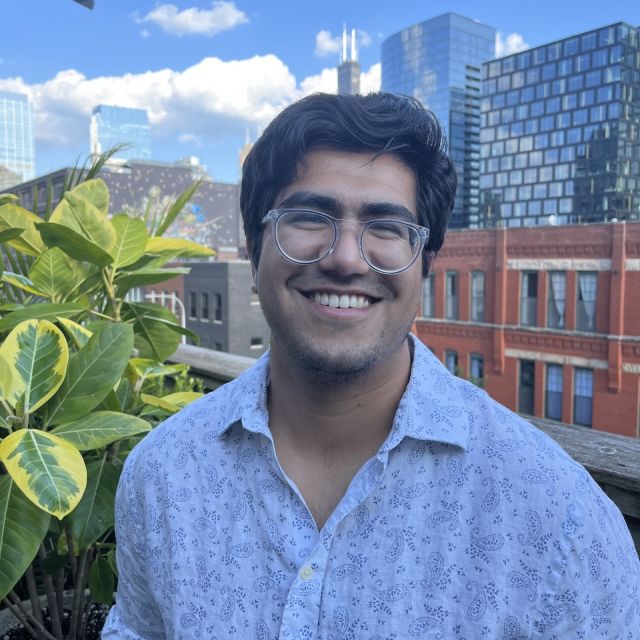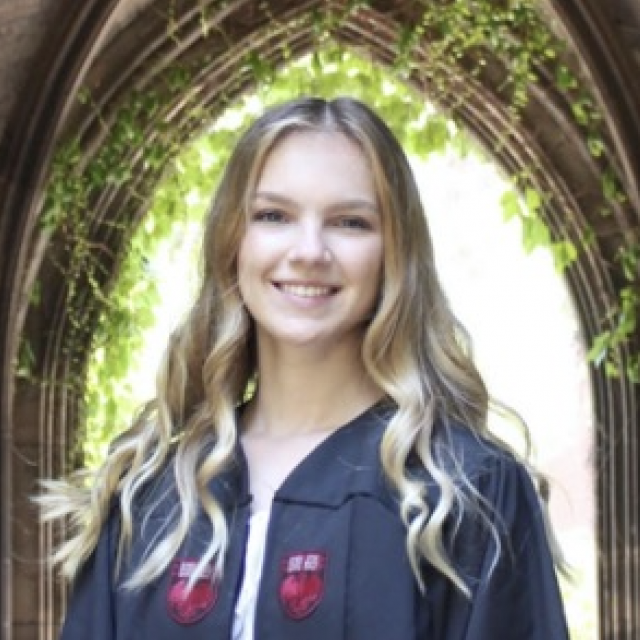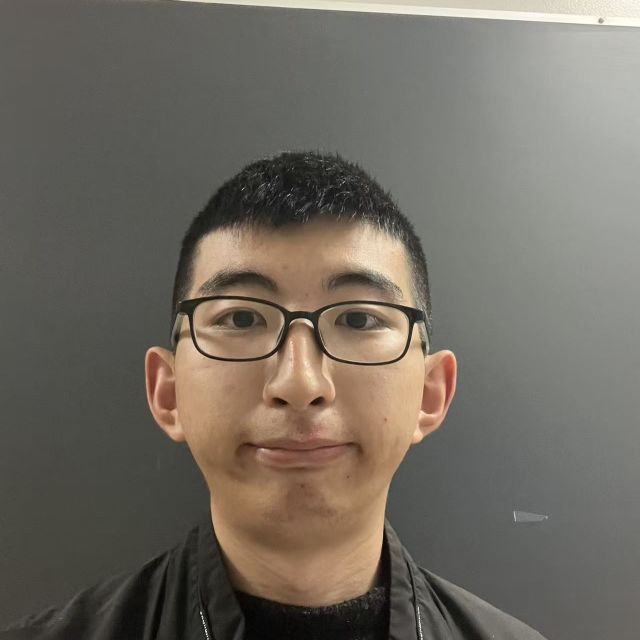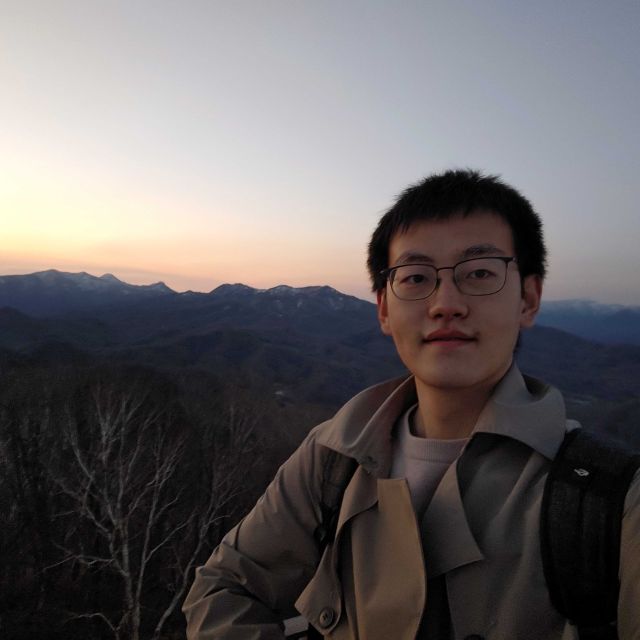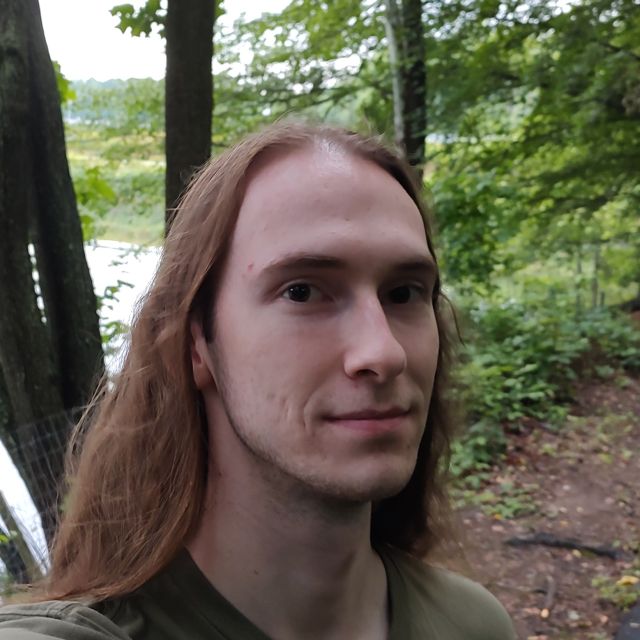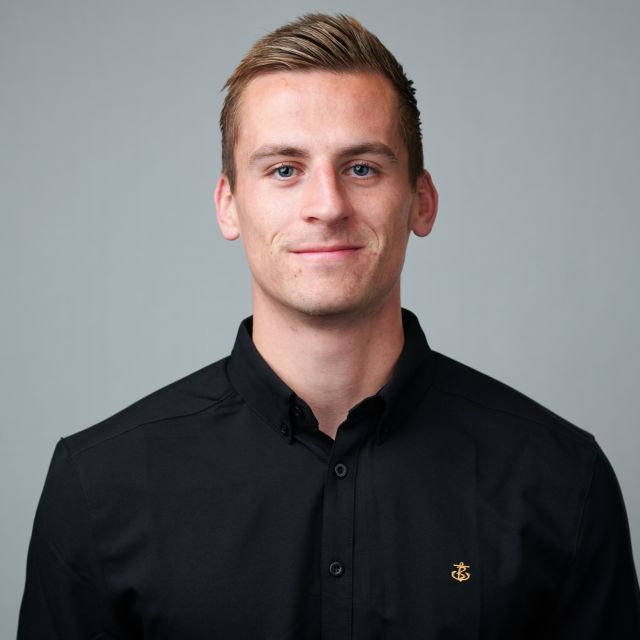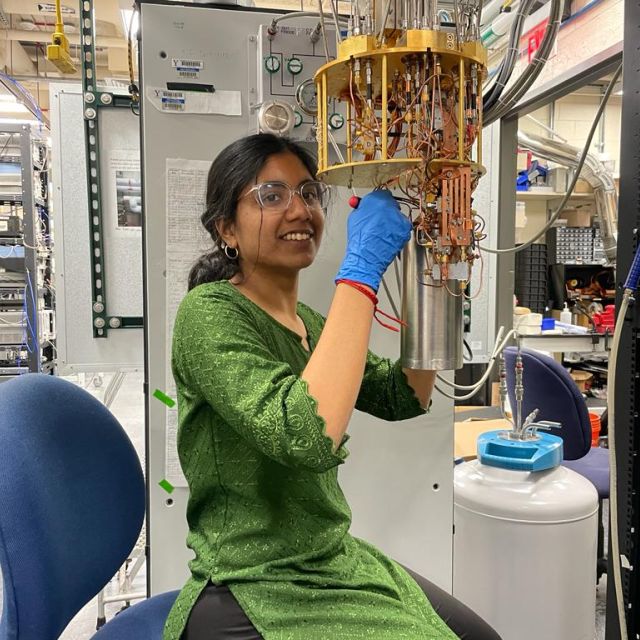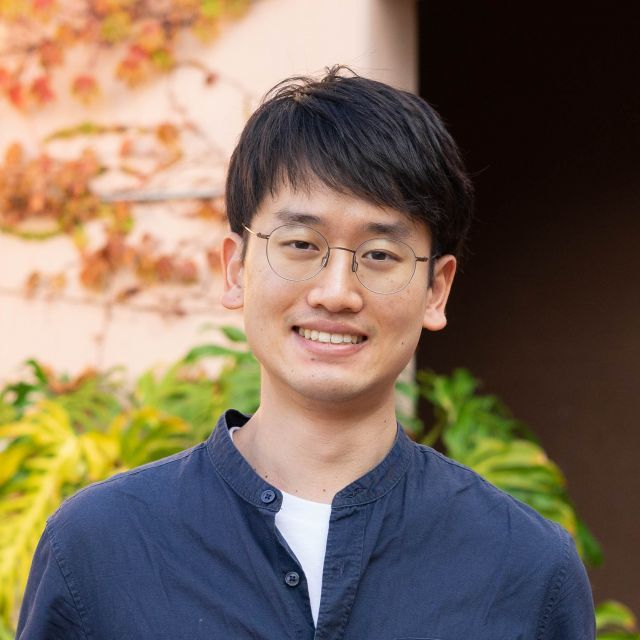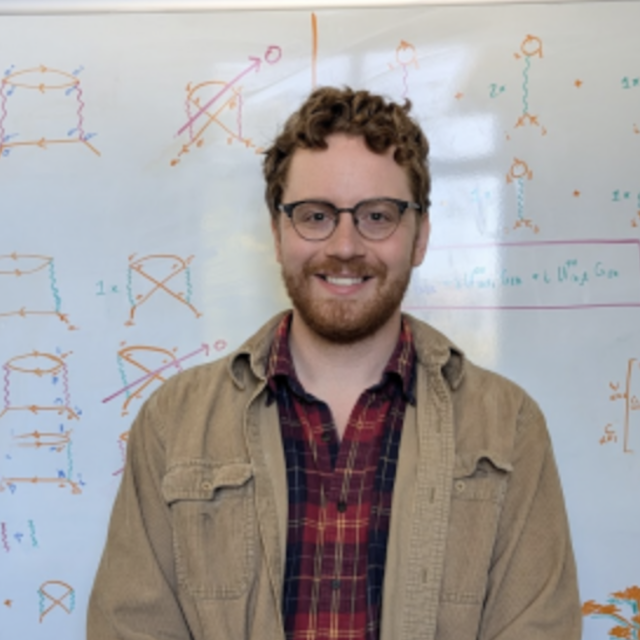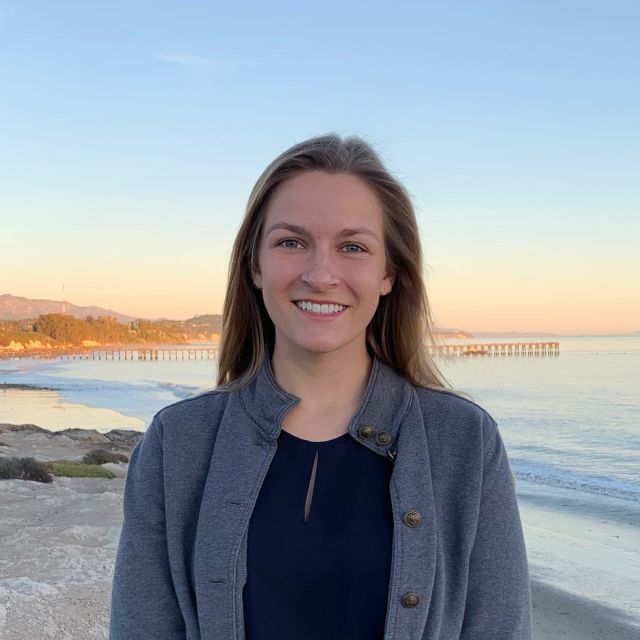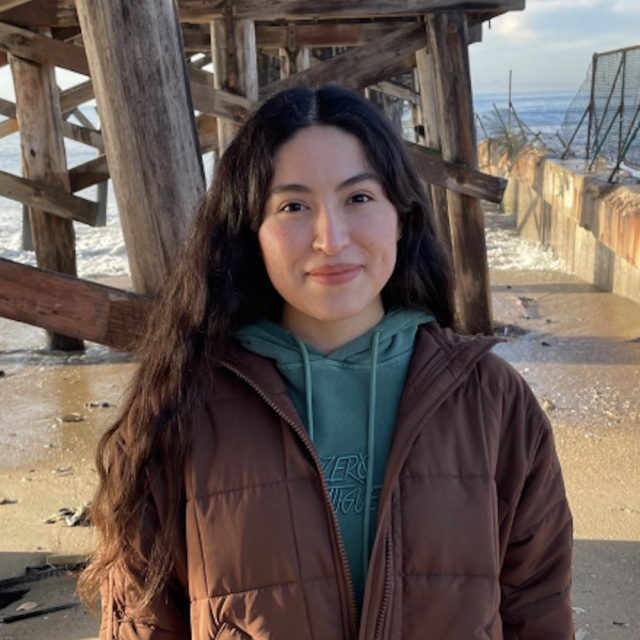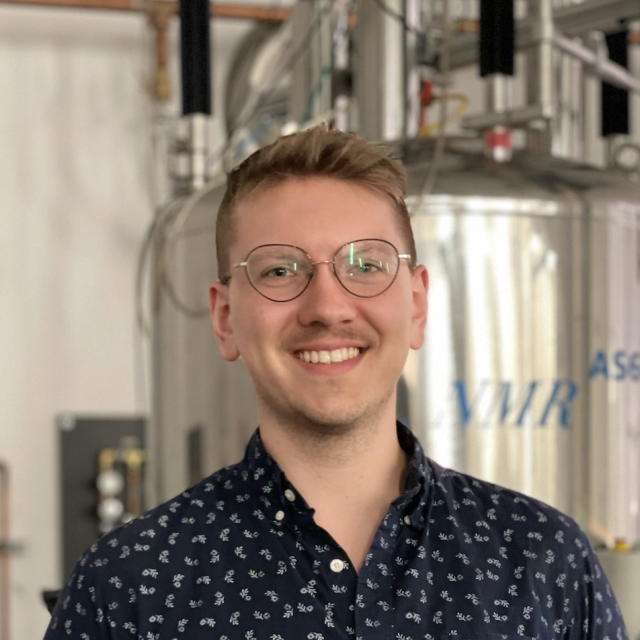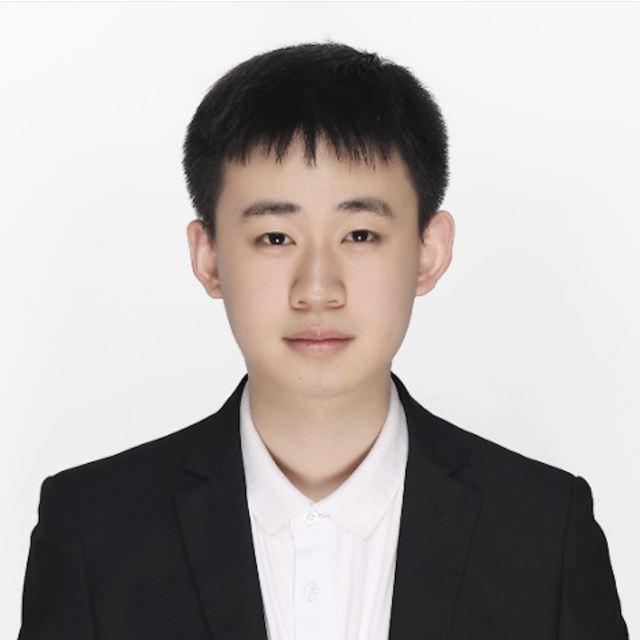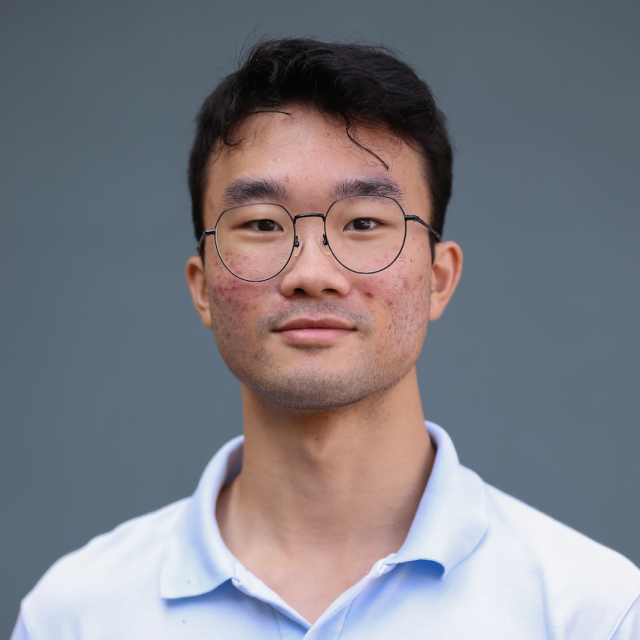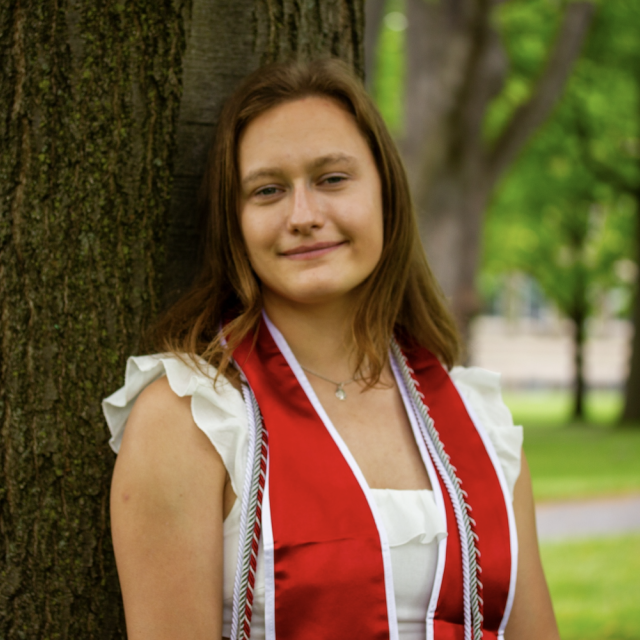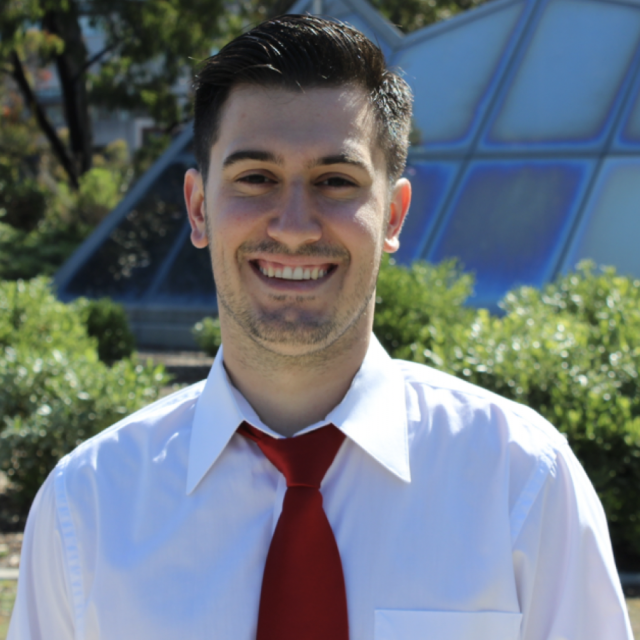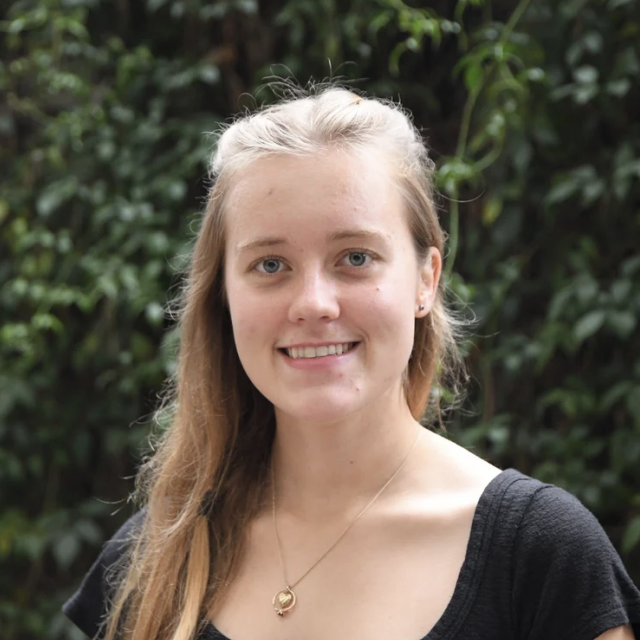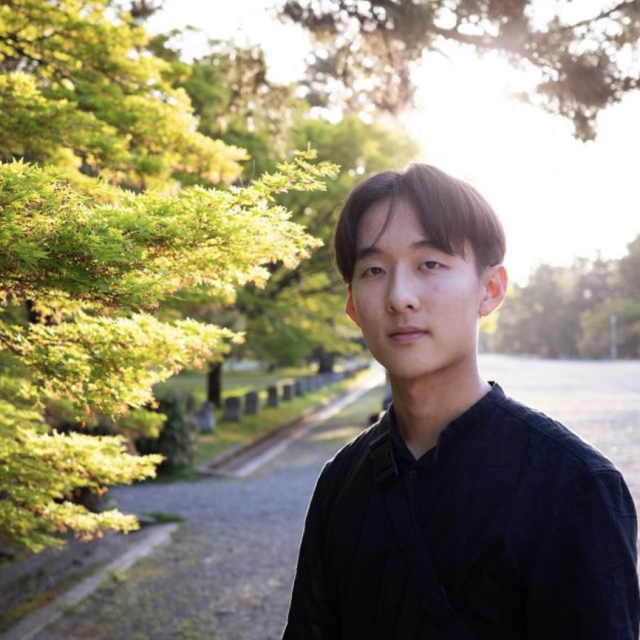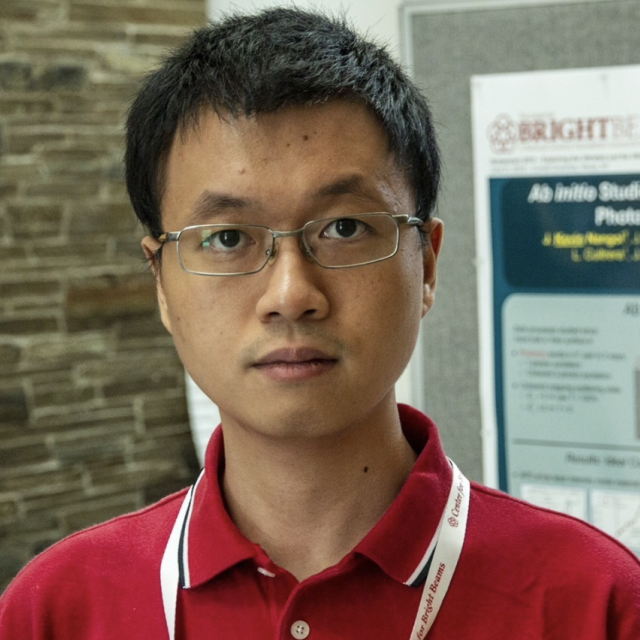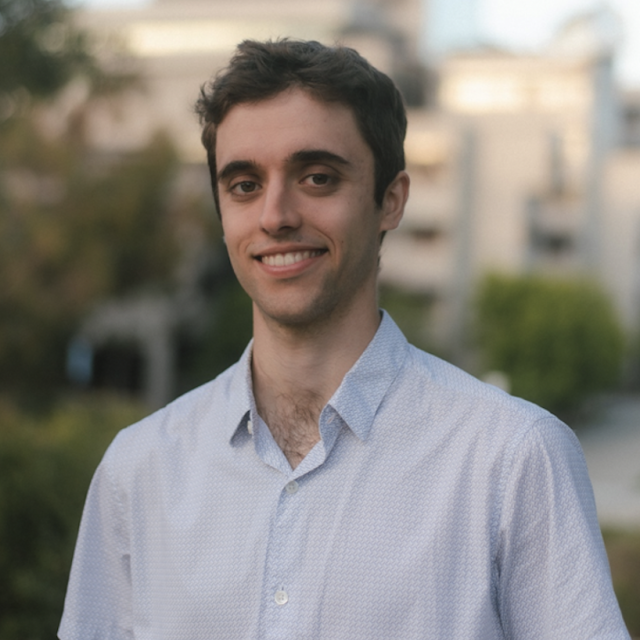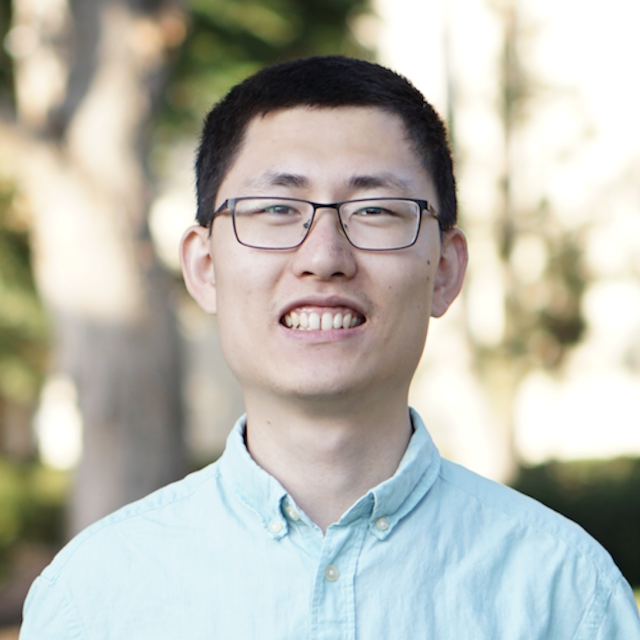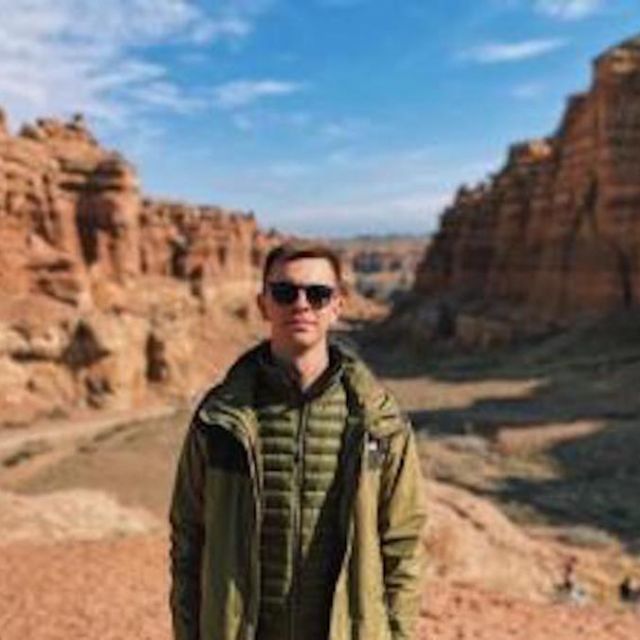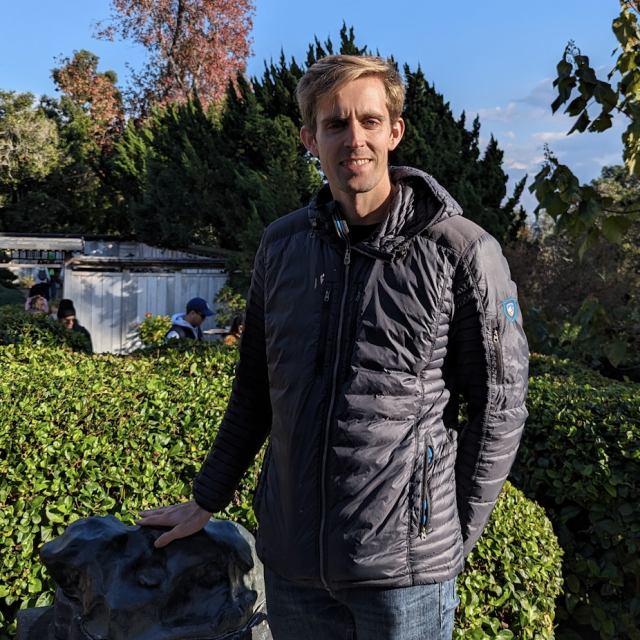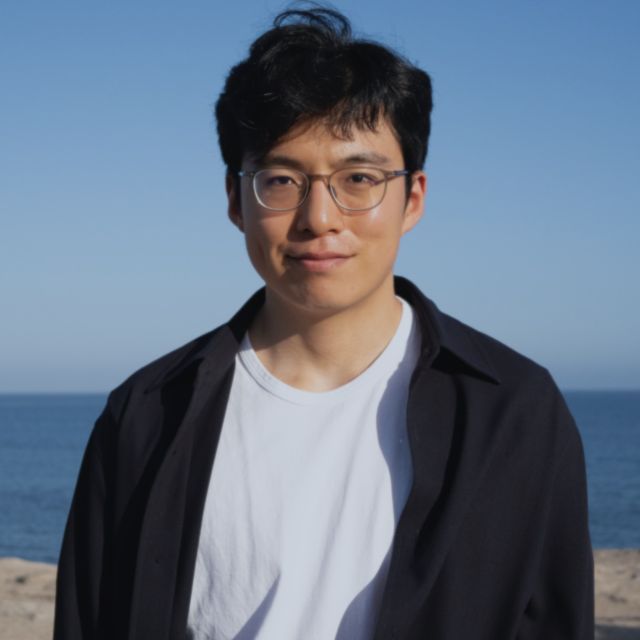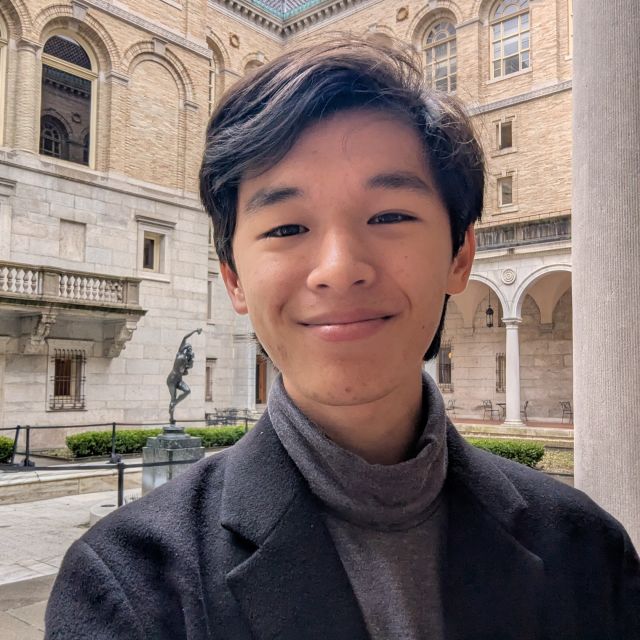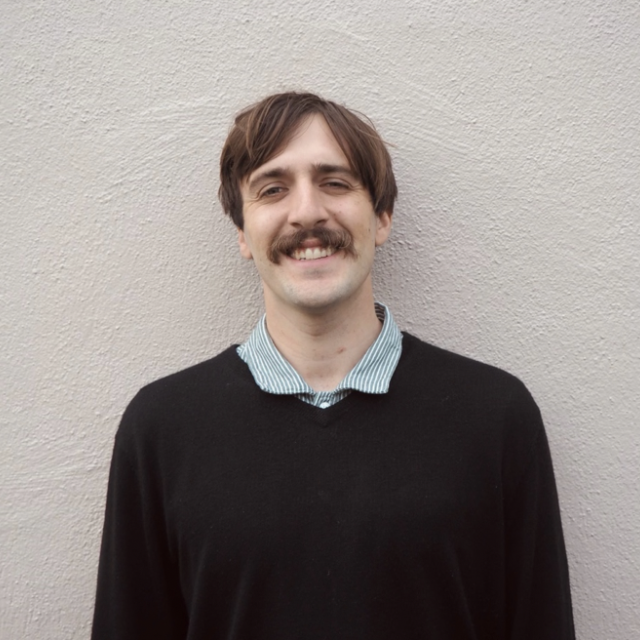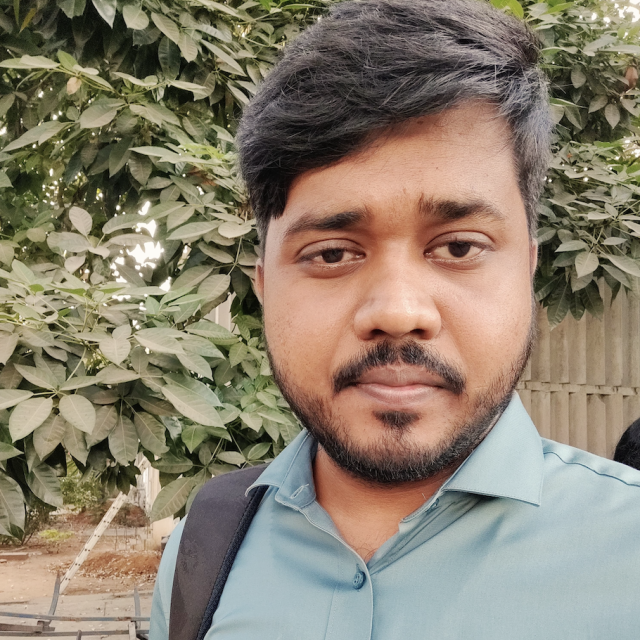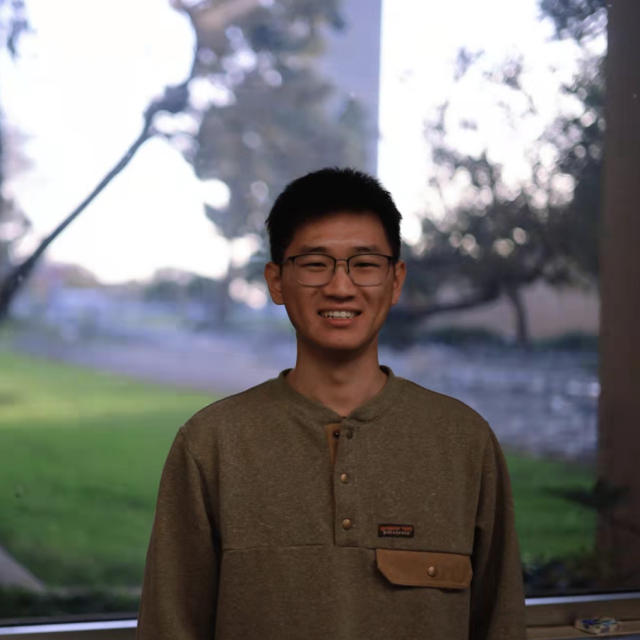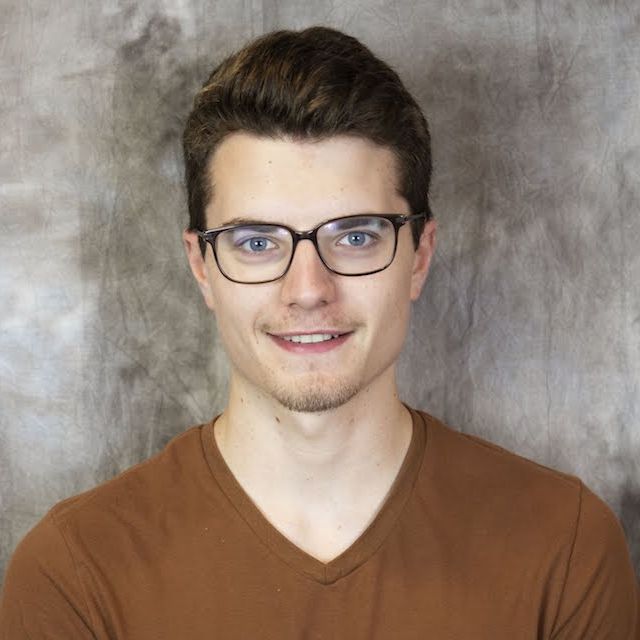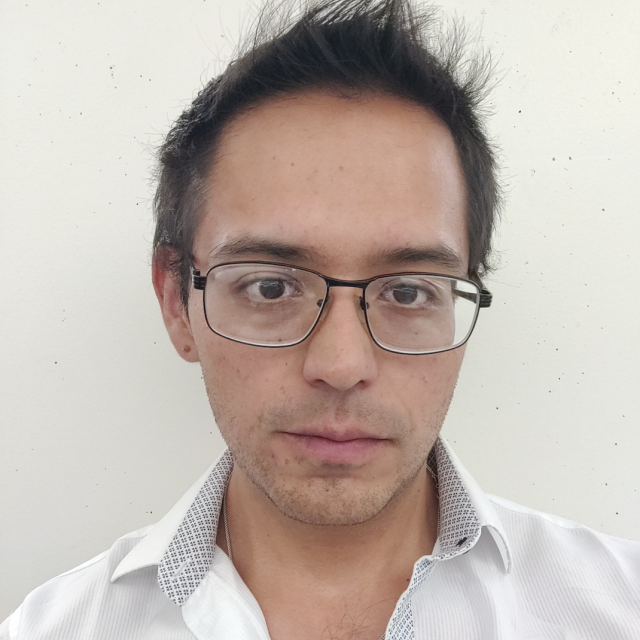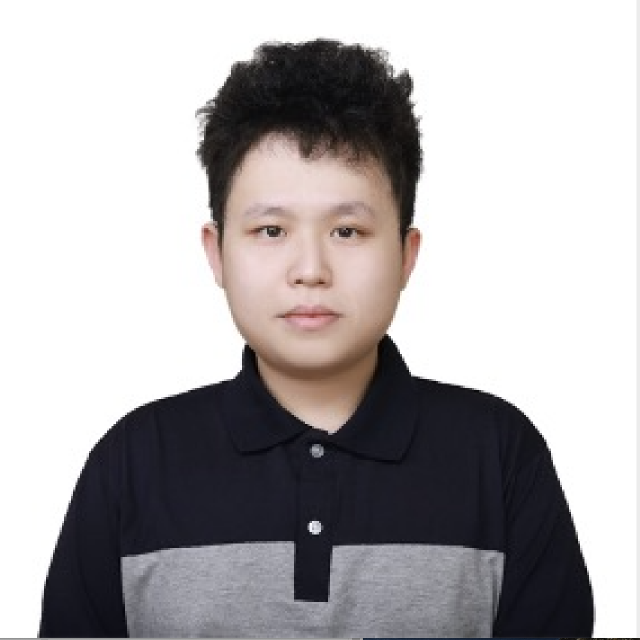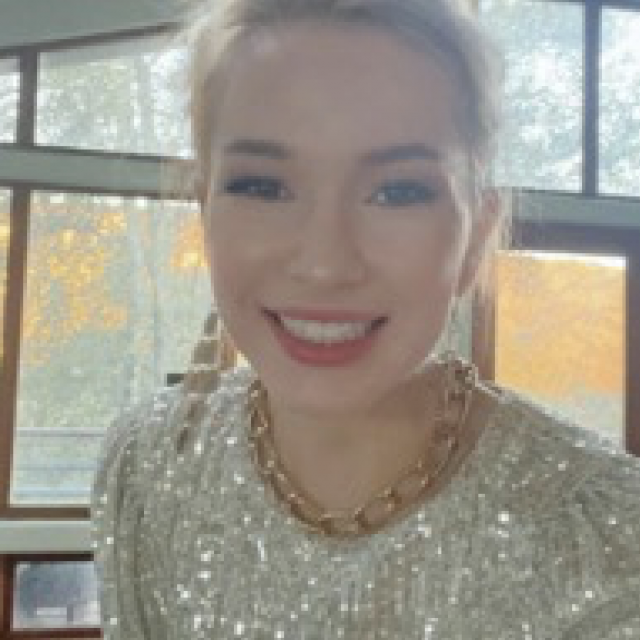Graduate Students and Postdocs
A crucial goal of the Foundry is the education of transdisciplinary scientists and engineers with expertise in quantum technologies. The Foundry Graduate Traineeship Program is designed around the broader goal of growing the workforce for the next generation of quantum scientists and engineers.
Graduate Traineeship Program
As part of the Foundry Graduate Traineeship Program, trainees will participate in core and elective courses, attend seminars and annual workshops, intern with industrial partners, and participate in outreach activities to the broader community and K-12.
The Foundry welcomes applicants to the Graduate Traineeship Program starting Winter Quarter. Applicants must be admitted to a UCSB STEM Ph.D. program, have at least 2 Foundry co-advisors identified, and propose a research project that is aligned with the Foundry’s research goals. Successful applicants will be supported by stipends of $37,000 plus in-state tuition, fees and health insurance per year for one year.
Graduate and Postdoc Associates Program
The Foundry welcomes applicants to the Graduate and Postdoc Associates Program starting Winter 2026. The Associates Program allows graduate students and postdocs currently researching a topic aligned with the Foundry’s research thrusts to participate in Foundry sponsored activities.
Program Components
- Core and Elective Foundry Courses
-
All graduate trainees are required to take a two- course core series: Physics 250 - An Introduction to Quantum Information (I and II). The first offering of the two-quarter survey class will be in Fall 2020-Winter 2021 and will include two 5-week modules each quarter taught by faculty across departments. The four modules will include: Quantum information theory, Qubit and qubit platforms, Quantum materials, and Experimental tool set of quantum science (e.g. synthesis, fabrication, characterization, and instrumentation).
In addition to the core series, graduate trainees have the opportunity to choose from a variety of elective courses from participating departments. Below is a selection of existing courses by department:
Materials Science
- 200B - Electronic and Atomic Structure of Materials
- 200Q - Introduction to Quantum Mechanics for Materials
- 206A, 206B - Fundamentals of Electronic Solids
- 211A, 211B - Engineering Quantum Mechanics
- 226 - Symmetry and Tensor Properties of Materials
- 241 - Structural Inorganic Chemistry
- 242 - Symmetries and Group Theory
- 279 - First-Principles Calculations for Materials
- 288Q - Special topics in Quantum Materials
- 286M - Special topics in Experimental Techniques in Condensed Matter
Physics
- 215A, 215B, 215C - Quantum Mechanics
- 217A - The Many Body Problem in Condensed Matter Physics
- 223A, 223B, 223C - Concepts and Phenomena of Condensed Matter Physics
- 228 - Atomic and Molecular Physics
- 250 - Quantum Optics (taught as special topics)
Chemistry & Biochemistry
- 222A, 222B, 222C - Fundamentals of Quantum Chemistry
- 219 - Density Functional Theory and the Many-Electron Problem (special topics)
- 219 - Electronic Structure Theory (special topics)
- 254A - Magnetic Resonance in Chemistry, Physics and Materials
- 225 - Instrumental Methods in Physical Chemistry
- 273 - Structural Inorganic Chemistry
Computer Science
- 290: Quantum Computing
- 225: Information Theory
- 219: Sparse Matrix Algorithms
- Scientific Computing (Petzold)
Electrical and Computer Engineering
- 217 - Molecular Beam Epitaxy and Band Gap Engineering
- 220A - Semiconductor Device Processing I
- 220B - Semiconductor Device Processing II
- 261 - Introduction to Nanophotonics
- 594 - Quantum Photonics (special topics)
Mathematics
- Mathematical Foundations of Topological Quantum Computation (Zhenghan Wang, listed as a seminar)
- Foundry Graduate Seminar
-
All graduate trainees and associates will lead and participate in the bi-weekly Foundry Graduate Seminar. The seminar is designed to better inform collaborative research within the program. Trainees will present research findings to a broad audience, and the Foundry will invite and host industry participant speakers. Seminars are open to students to attend who are outside the Foundry.
- Industrial Internships
-
The goals of the Industry internships are to supplement the trainees research experience to further connect the research with applications, provide experience in translating materials research and development to the private sector, and catalyze new research avenues and synergies with industry partners via shared personnel.
As opportunities arise, graduate trainees will have the potential to spend two months in an internship with one of the foundry's industrial partners.
- Annual Foundry Symposium
-
Graduate trainees will assist in organizing the one-day Foundry Symposium each year attended by Foundry students and interns, researchers, industry partners, and invited guests. The program will feature talks by Foundry researchers and industry representatives, and will include a poster session with students presenting. The event will provide one-on-one networking opportunities amongst students and industry participants.
- Foundry Ambassadors
-
Foundry graduate trainees are expected to actively participate in the education/outreach activities, including the development of short courses, training modules and hand-on activities to help a wide audience grasp the importance of the science and engineering behind the Quantum Leap. Trainees are also be encouraged to actively mentor undergraduate school year and summer interns at the Foundry.
Contact
Wendy Ibsen
Graduate Training Coordinator
